Top 10 Eco-Lodges in Kenya That Redefine Sustainable Travel
Travel is no longer just about seeing new places,it’s about preserving them for the future. Kenya, a leading safari destination, is setting the pace with eco-lodges that champion sustainability, community empowerment, and wildlife conservation. If you want to explore Kenya responsibly, these eco-lodges offer unforgettable stays that protect the planet and support local communities.
1. Elewana Elsa’s Kopje, Meru National Park
Perched on a rocky hill overlooking Meru’s vast plains, Elsa’s Kopje is solar-powered, built with natural materials, and carefully designed to blend into the environment. It supports local conservation initiatives and offers intimate wildlife experiences with minimal impact.
Sustainability Highlights:
- 100% solar energy it has a complete energy independence from non-renewable resources with zero carbon emissions from electricity usage which has significant reduction in energy costs over time, reliable power supply with proper battery battery storage, supports global efforts to combat climate change
- Supports rhino conservation rhinos are the most iconic but critally endangered species in AFRICA especially in countries like Kenya rhino conservation is a race agaist time due to threats like poaching habitat loss and human wildlife conflict supporting rhino concervation is not just about saving a species its about preserving biodiversity
- No single-use plastics means that this hotel has bcompeletely choosen to eliminate the use of plastic items that are designed to be used once and then discarded this is one of the most impactful steps toward reducing pollution and protecting ecosystems
2. Saruni Samburu Kalama Conservancy
This luxury eco-lodge sits atop a spectacular rock outcrop with panoramic views. It employs local Samburu staff and directly supports the Kalama community through conservancy fees and employment.
Sustainability Highlights inclusive as below
- Fully solar-powered it has a complete energy independence from non-renewable resources with zero carbon emissions from electricity usage which has significant reduction in energy costs over time, reliable power supply with proper battery battery storage, supports global efforts to combat climate changed
- Community-led conservation efforts
- Promotes Samburu cultural preservation
3. Ol Pejeta Bush Camp – Laikipia
A model for sustainable tourism, this camp partners with the Ol Pejeta Conservancy, home to the last two northern white rhinos. It operates using eco-friendly practices and channels profits into wildlife protection and community health projects with some featured Sustainability Highlights that include
- Conservation-driven safaris
- Supports education and local health services
- Uses eco-friendly materials and processes
4. Campi ya Kanzi – Chyulu Hills
Located within a Maasai-owned group ranch, Campi ya Kanzi is internationally recognized for its low-carbon footprint. The lodge is fully solar-powered and partners directly with the local Maasai community to protect land and culture. available Sustainability Highlights include
- Zero single-use plastic
- Carbon-neutral operations
- Community-owned land
5. Basecamp Maasai Mara – Talek River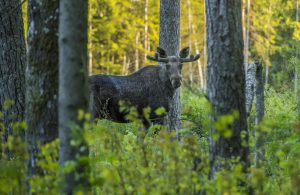
Basecamp is a trailblazer in sustainable travel in the Maasai Mara. With tree-planting programs, Maasai women’s handicraft cooperatives, and eco-friendly designs, it offers a truly regenerative experience. with Sustainability Highlights like
- Operates on renewable energy
- Massive tree-planting project (over 100,000 trees)
- Women-led beadwork cooperative
6. Lewa Safari Camp – Lewa Wildlife Conservancy
Lewa Safari Camp supports endangered species, including Grevy’s zebras and black rhinos. Lewa is a UNESCO World Heritage Site thanks to its cutting-edge community and conservation efforts.with sustainable highlights like
- Supports anti-poaching units
- Provides local school scholarships
- Eco-conscious safari experiences
7. Borana Lodge – Borana Conservancy, Laikipia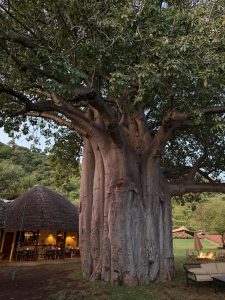
Borana is a family-owned eco-lodge that reinvests all tourism profits into rhino conservation and community programs. It’s a fully integrated model of conservation tourism.
Sustainability Highlights:
- Plastic-free property
- Community health and education support
- Rhino protection and rewilding projects
8. El Karama Eco-Lodge – Laikipia
Perfect for family-friendly, low-impact safaris, El Karama uses natural building materials, solar power, and organic gardens. It’s small-scale, intimate, and deeply connected to its surrounding ecosystem.
Sustainability Highlights include
- Using recycled and natural materials
- Home-grown organic food
- Supports local artisans and farmers
9. Tawi Lodge – Amboseli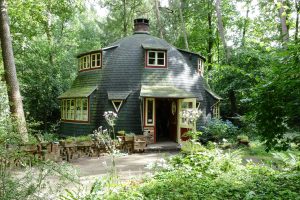
Tawi Lodge offers luxury with a conscience, combining stunning views of Mount Kilimanjaro with green energy and water recycling systems. It’s a key supporter of the Amboseli ecosystem and its iconic elephant populations.
Sustainability Highlights and features like
- Solar energy systems
- Greywater recycling
- Supports elephant conservation
10. Sands at Nomad – Diani Beach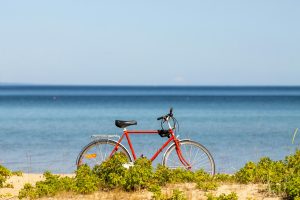
For coastal travelers, Sands at Nomad is a leading eco-beach resort with coral reef conservation, solar power, and plastic bans. They actively organize beach clean-ups and marine protection programs.
Sustainability Highlights and feature like
- Beach clean-up initiatives
- Solar-powered facilities
- Coral reef conservation partnerships
🌱 Why Eco-Lodges Matter
Choosing eco-lodges ensures:
- Reduced carbon footprint
- Direct community support
- Sustainable wildlife conservation
- Authentic cultural immersion
When you travel sustainably in Kenya, you don’t just see the country you become part of protecting its future. you will bring the change that we are seeing in your country and when we are taking care of you we will build an ecosystem that will be good for the animals and life of humans
✈️ Ready to Travel Sustainably?
Explore Kenya’s beauty while making a positive impact. Book your next eco-adventure with responsible lodges that care for the planet, the people, and the wildlife. tech space masters under tsm tours will help in this journey of exploring kenya book with us by clicking the icon below
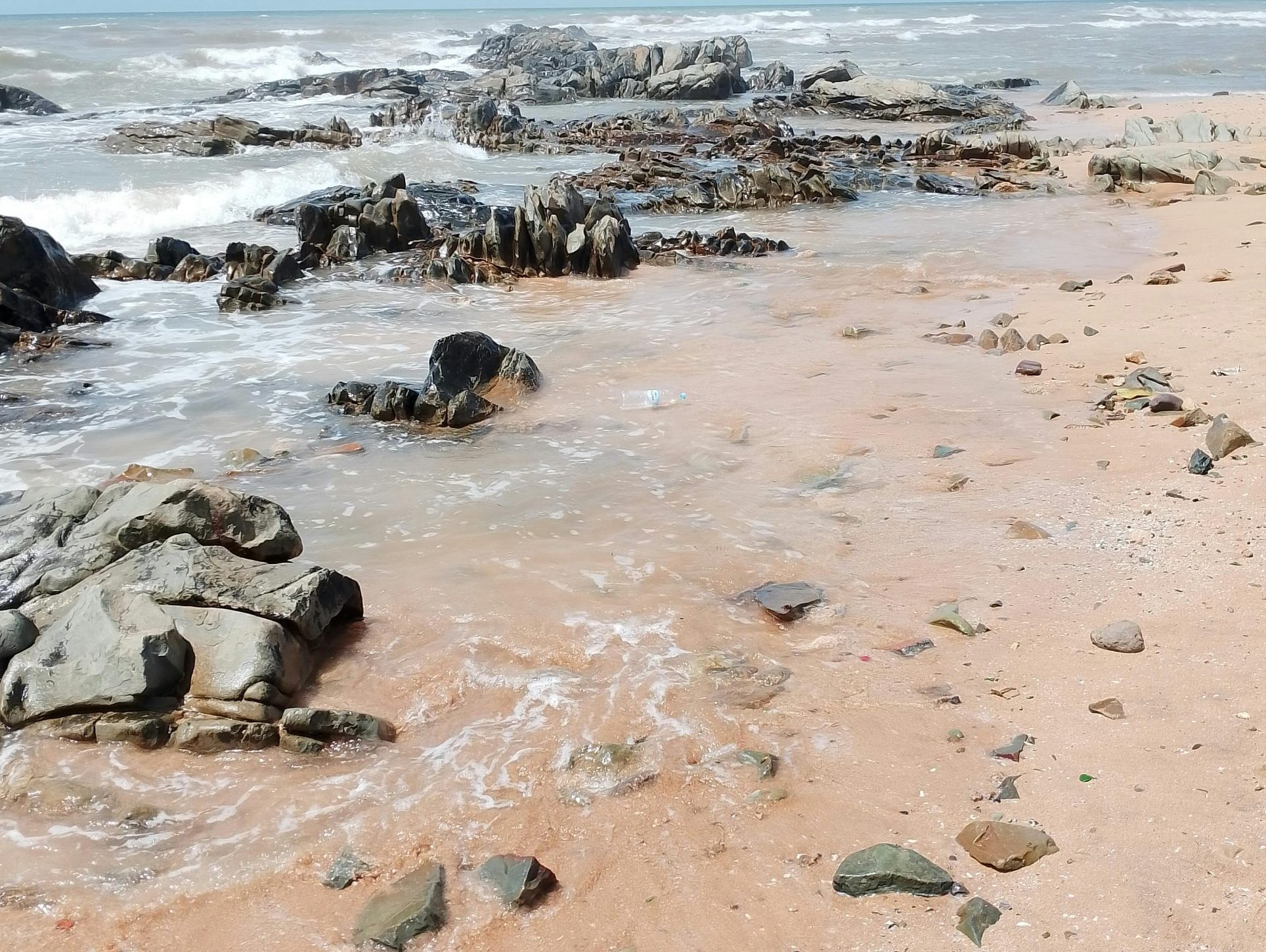


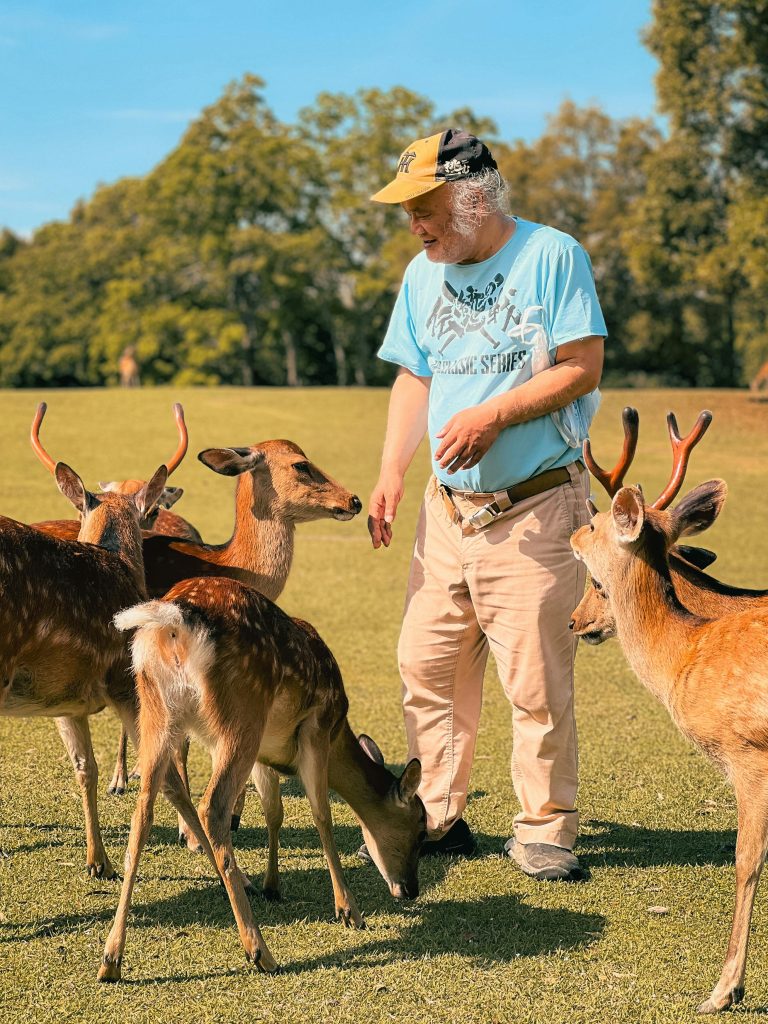

3 Comments